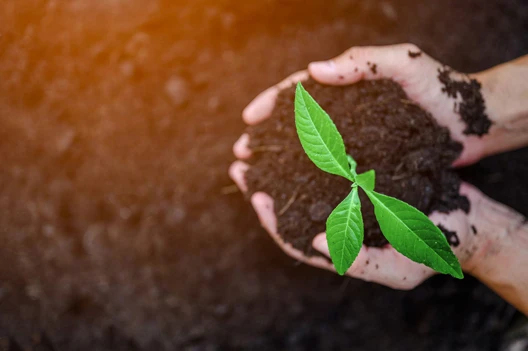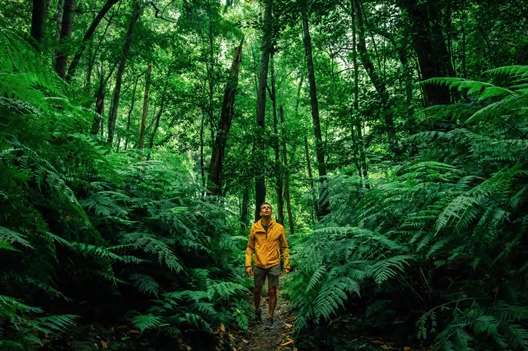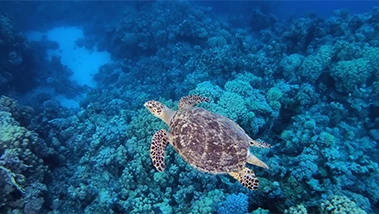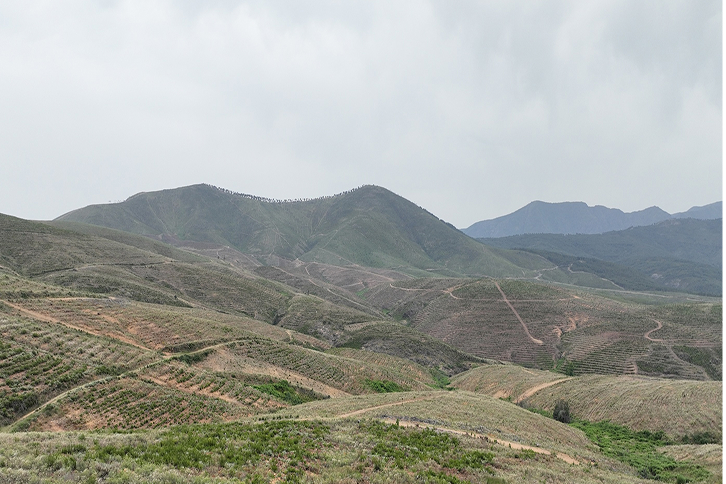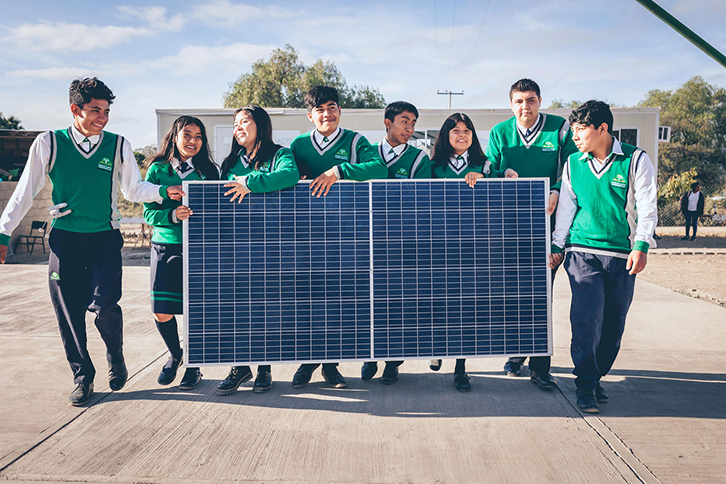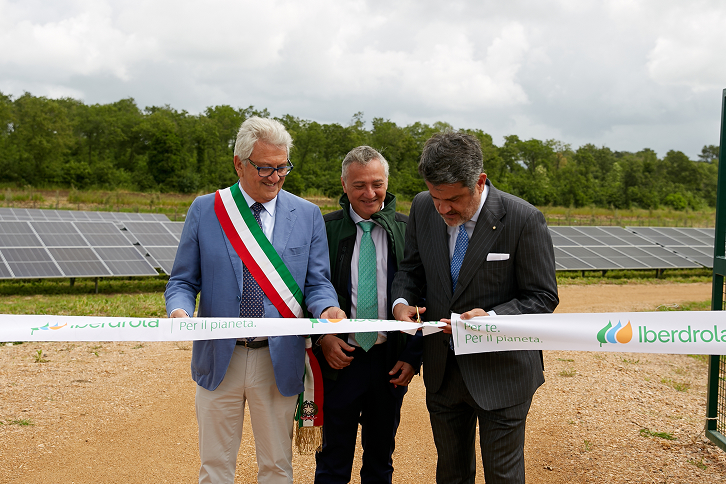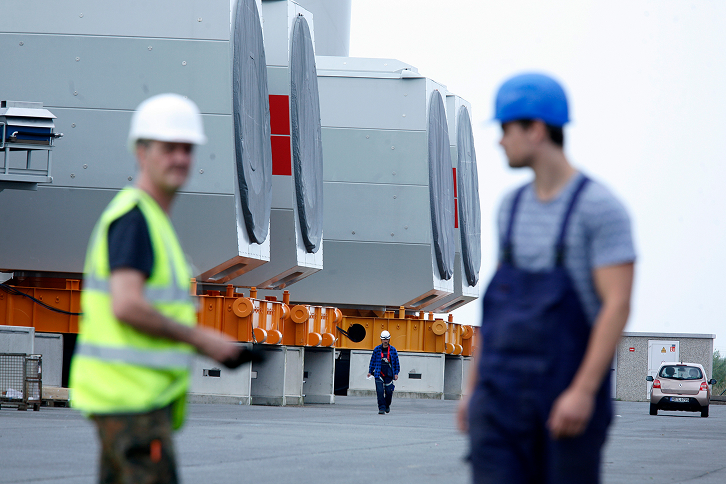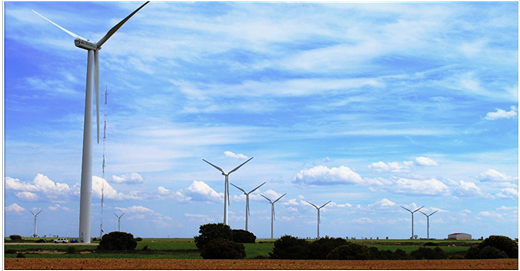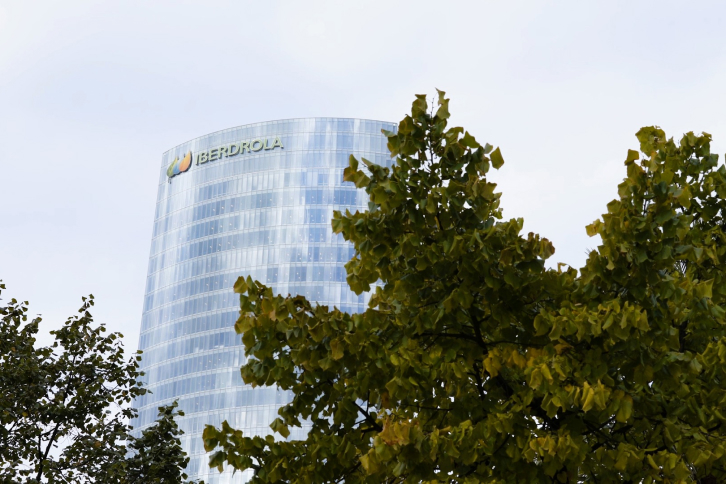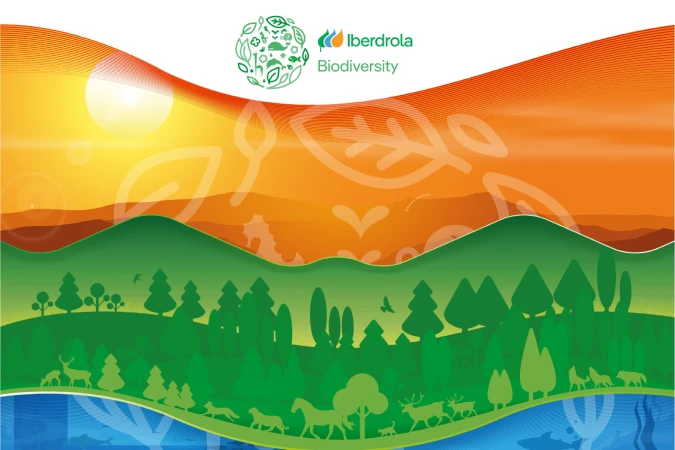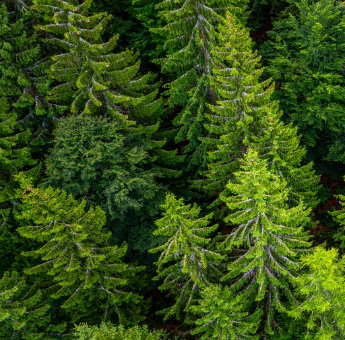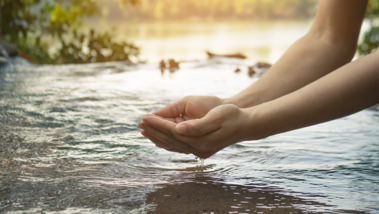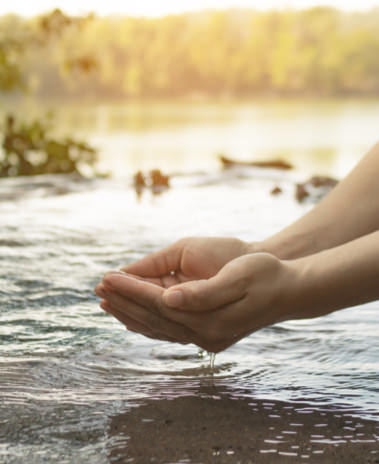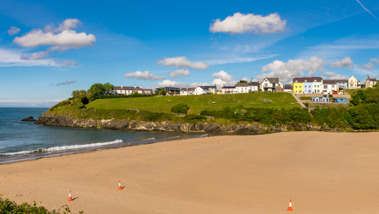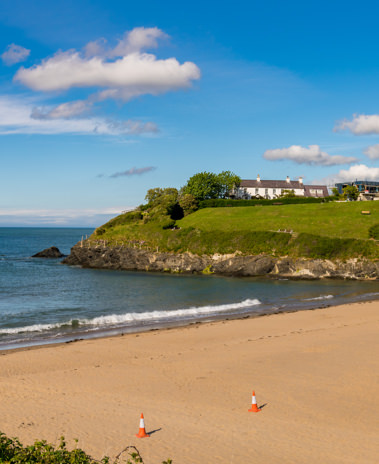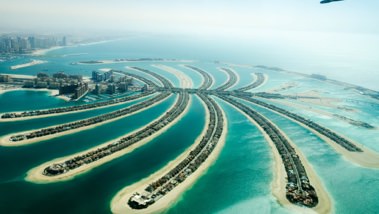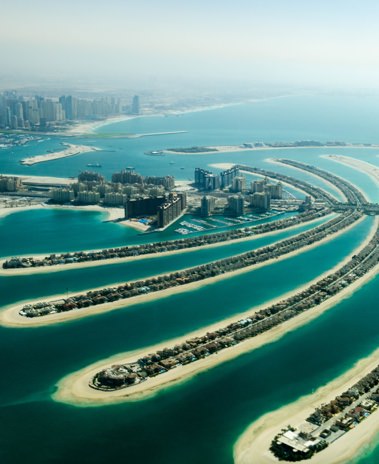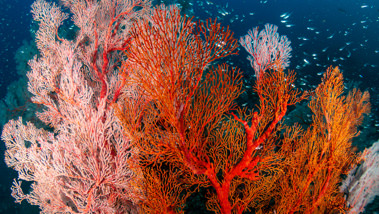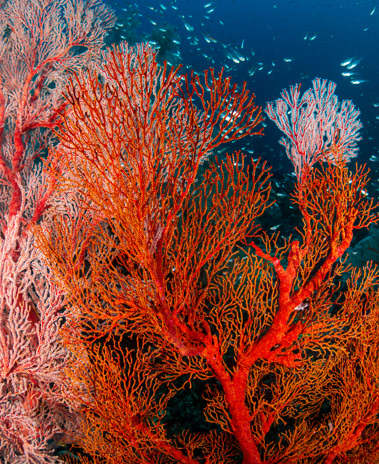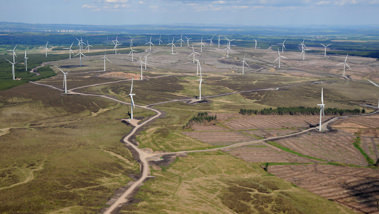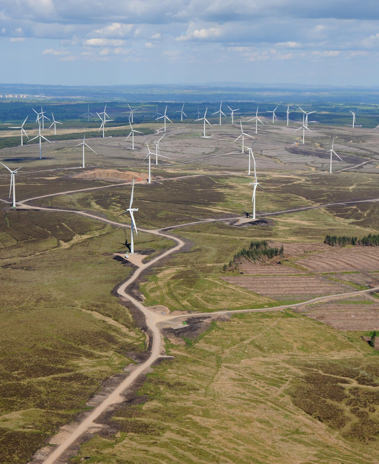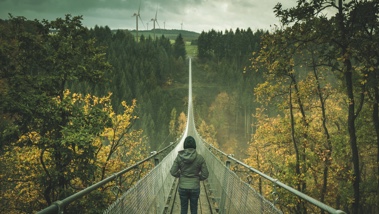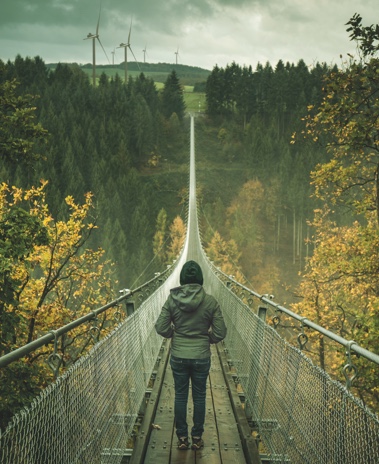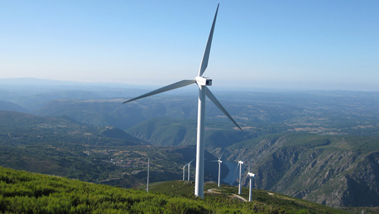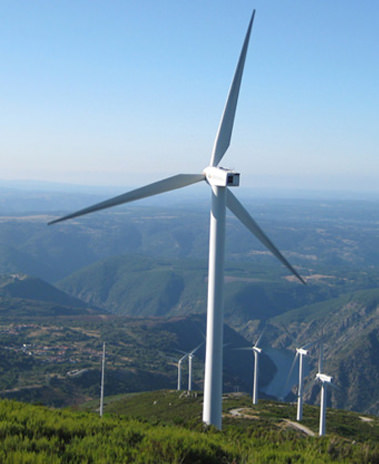-
To produce a litre of milk, according to the United Nations Organisation for Food and Agriculture (FAO), it takes 1,000 litres of water. Who doesn't consume a tetra brik a day? We know this fact thanks to the water footprint, a concept that measures the consumption of water for goods or services. Its aim is to raise awareness about its rational use, especially now that it is in short supply due to climate change and population increase.
Living without plastics is possible. At least it is in Aberporth, a small tourist village on the west coast of Wales. Its 1,100 inhabitants have reduced their consumption to make their village the world's first plastic-free community thanks to Plastic-free Aberporth, an initiative led by local resident and filmmaker Gail Tudor.
-
Sand is, after water, the most sought after natural resource. It is an essential component in the manufacture of electronic devices and glass, and it is also used in bulk in construction. Rapid population growth and the mass development of cities have turned this material into a scarce commodity and a very lucrative business has emerged in trading sand. The theft of sand is a real threat to the environment.
Man's direct action and global warming are accelerating the extinction of species. While the necessary transition is made towards an environmentally friendly decarbonised economy, it is ever more important to protect the planet's diversity and the natural ecosystems.
-
Wind energy is produced by transforming the movement of air currents into electrical energy. To harness the wind produced on land, enormous wind farms are built capable of extracting maximum power from this clean, renewable resource. Let us explain how it works.
Working in collaboration with public administrations, various companies and NGOs, we have prevented vulnerable customers from being deprived of their electric supply. Our group has also contributed over €15 million towards a series of initiatives to raise living standards for people at risk of social exclusion.
-
World Environment Day 2025, which is celebrated annually on 5 June, is part of the United Nations Decade on Ecosystem Restoration, a global initiative to prevent, stop and repair damage to degraded ecosystems all over the world. Totally aligned with this objective, Iberdrola Group is working to conserve healthy ecosystems in all its areas of influence.
-
Facebook We are progressing toward the energy transition and climate neutrality, both essential to restoring ecosystems
-
Twitter We are progressing toward the energy transition and climate neutrality, both essential to restoring ecosystems
-
Linkedin We are progressing toward the energy transition and climate neutrality, both essential to restoring ecosystems
-
Whatsapp
Wind energy, which transforms the power of an inexhaustible resource such as wind into electricity, is a sustainable and valuable investment for the future. Utilising wind requires the construction of wind farms, either on land or at high sea, with dozens of wind turbines. These giants have become part of the landscape in recent years, but do we know how they work?
-







